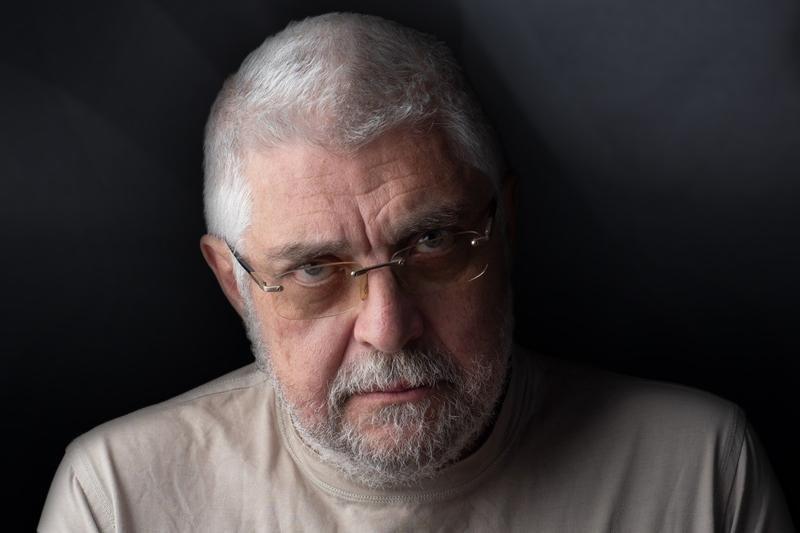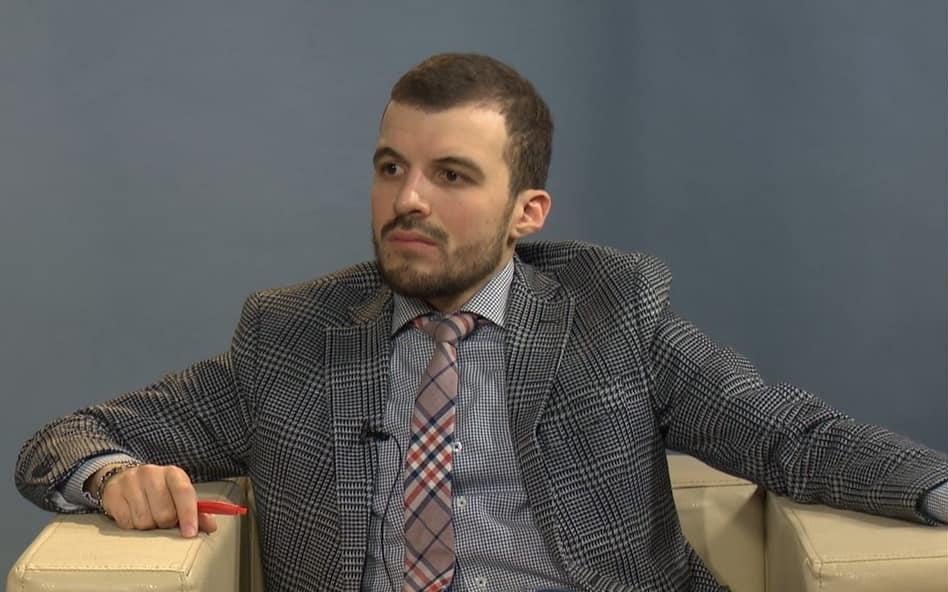New war will erase Armenia’s sovereignty, pundits warn Yerevan's risky moves could backfire
The announcement of a 10 million euro special program by the European Peace Foundation for Armenia is being celebrated in Yerevan as a major triumph. However, this initiative by Brussels, along with the expansion of the EU's intelligence mission in Armenia, threatens to derail the negotiation process between Baku and Yerevan, hindering the prospect of long-awaited peace in the South Caucasus.
What are foreign experts and political analysts saying about the EU’s risky manoeuvres in the region?

Alexander Osovtsev, a Russian professor of philosophy and analyst with the World Zionist Organisation, told Caliber.Az that Armenia faces two distinct paths forward.
He suggests, "The first option is to pursue peace, which, in my view, is still achievable given the current opportunities. Failing to seize this chance would be both foolish and irresponsible towards the future of the Armenian people."
Osovtsev continues, "The second path is to prepare for revenge. However, given the clear outcome of the last war, I don't see Armenia having the resources to instigate a new conflict and achieve significant gains in the foreseeable future. The idea that the EU would seriously arm Armenia for war seems unrealistic. While France is attempting to bolster Yerevan’s military capabilities, it is unlikely to replace Russia’s long-term presence in the South Caucasus due to insufficient resources."
He adds, "In contrast, Azerbaijan is effectively managed and rapidly advancing in military, political, and diplomatic spheres. Azerbaijan’s strong relationships with countries like Türkiye, Israel, and Iran are noteworthy. The EU should evaluate these factors wisely and adopt a policy that fosters peace in the region rather than preparing for further conflict. Such a balanced approach would benefit the West more."
Osovtsev concludes by pointing out Armenia's internal struggles: "The country’s economy is deteriorating, and people are leaving. Armenia faces significant domestic challenges, akin to some of Israel’s neighbours who, despite facing poverty and unemployment, engage in conflict. It raises the question: why complain about one’s situation and then respond with inadequate measures?”

Aslan Rubayev, a Russian expert on CIS countries, views the European Peace Foundation's program in Armenia as a highly dangerous and destabilizing factor in South Caucasus geopolitics.
Rubayev asserts, "The West's actions clearly indicate a lack of interest in a peaceful resolution for the South Caucasus. Instead, Armenia's current leadership, acting under Western influence, is pursuing a destabilizing agenda. Armenia has never genuinely been prepared to engage in meaningful negotiations or seek a peace treaty with Azerbaijan; it has merely been playing a game."
He continues, "The recent military aid to Armenia poses a direct threat to the region's stability. Should Armenia initiate another conflict, the outcome is almost certain — a decisive defeat by the Azerbaijani military, leading to a complete loss of Armenia’s geopolitical significance."
Rubayev further criticizes the West’s strategy, noting, "The West’s approach is to instigate conflicts in various regions, such as the South Caucasus, Central Asia, and the Middle East, to expand its influence. It’s clear that the West does not expect Yerevan to win any conflict but rather aims to escalate tensions. If necessary, Armenia could be sacrificed to justify the introduction of Western peacekeeping forces, thereby gaining control over crucial energy hubs and transport routes. The collective West's goal is to assert its dominance over these regions by any means necessary, without moral consideration."








